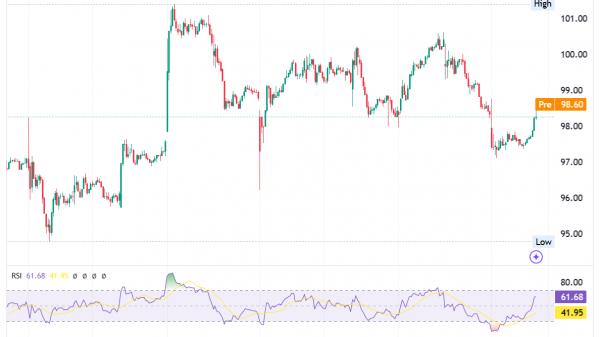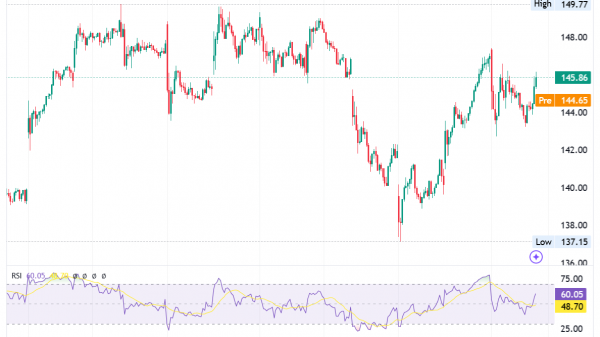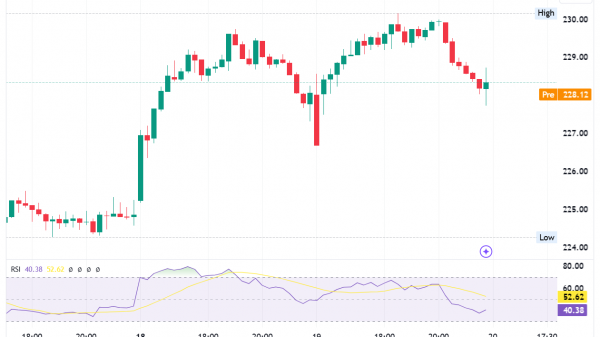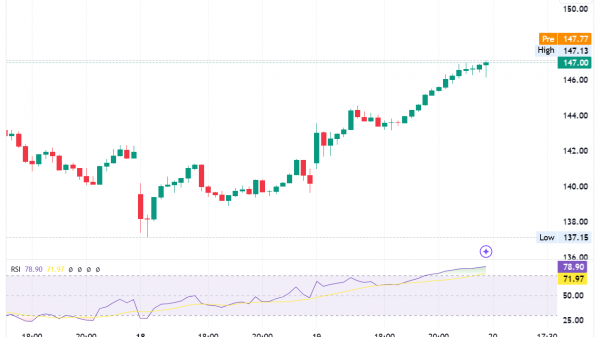Why Is Everything Made in China?
China has the second-largest economy in the world. It is worth noting that the country is a global manufacturing hub. Unsurprisingly, there are many questions about It, such as “Why is everything made in China?”
Of course, China isn’t the only country that produces various products. Nevertheless, “Made in China” has become a ubiquitous label on products worldwide, and CN has indeed established itself as a global manufacturing hub over the past few decades.
China’s accession to the World Trade Organization (WTO) in 2001 facilitated its integration into the global trading system. The country’s export-oriented policies and willingness to engage in international trade agreements have further boosted its manufacturing sector.
In this comprehensive explanation, we’ll explore the key factors contributing to China’s status as a global manufacturing giant.
Economic reforms and opening up (China’s industrialization):
China’s economic transformation began in the late 20th century when it embarked on a path of economic reforms and opening up under the leadership of Deng Xiaoping.
These reforms introduced market-oriented policies, such as the establishment of special economic zones (SEZs) in cities like Shenzhen, which encouraged foreign investment and trade. This marked the beginning of China’s integration into the global economy.
Abundant labor force:
One of the most significant factors behind China’s manufacturing success is its vast and relatively low-cost labor force. The country has a population of over 1.4 billion people, providing a substantial pool of workers willing to accept lower wages than those in developed countries. This labor advantage has attracted multinational corporations seeking to reduce production costs.
China’s Economic Growth
We need to mention the skilled workforce when it comes to questions like “Why is everything made in China?”
Over the years, China has invested in its education system, leading to a growing number of skilled and semi-skilled workers. This has made it possible for China to not only produce low-cost, labour-intensive goods but also to manufacture more technologically advanced products, including electronics and machinery.
Infrastructure development:
CN has made significant investments in infrastructure development, including transportation networks, ports, and industrial zones. The development of a modern and efficient transportation system has reduced logistics costs and facilitated the movement of goods both domestically and internationally.
Government support and incentives:
The Chinese government has played a pivotal role in the country’s rise as a manufacturing hub. It has offered various incentives, including tax breaks, land subsidies, and reduced regulatory hurdles, to attract foreign direct investment (FDI) and encourage domestic manufacturing.
Globalization and supply chain integration:
China’s strategic location and commitment to globalization have made it an attractive destination for manufacturers looking to be part of global supply chains. Companies can source raw materials, components, and finished products from various regions within CN, streamlining production processes and reducing costs.
Scale and cluster effect:
China’s large domestic market, coupled with its export-oriented approach, has created economies of scale that benefit manufacturers. The concentration of industries in specific regions, known as industrial clusters, has further enhanced efficiency and collaboration among companies and suppliers.
Technological advancements:
China has made significant strides in research and development (R&D) and technology adoption. The country has become a leader in certain high-tech industries, such as telecommunications equipment and renewable energy, attracting companies looking to capitalize on China’s innovation capabilities.
Global manufacturing hub
As stated earlier, there are many questions about CN and one of them is, “Why is everything made in China?”
It is worth noting that low production costs helped to attract investors.
Overall, the combination of lower labor costs, cost-effective supply chains, and efficient manufacturing processes have enabled China to offer competitive production costs, attracting companies from various industries.
Flexibility and adaptability:
Chinese manufacturers have demonstrated a remarkable ability to adapt quickly to changing market demands and technological advancements. This flexibility has made China an ideal location for producing a wide range of goods.
Quality control and improvement:
While China has faced criticism for product quality issues in the past, many Chinese manufacturers have made significant efforts to improve quality control and meet international standards. This has enhanced the reputation of Chinese-made products.
Access to capital and investment:
China’s rapid economic growth has attracted significant domestic and foreign investment. Access to capital markets and a robust financial system have supported the expansion of manufacturing enterprises.
Global trade routes and logistics infrastructure:
China’s strategic investments in global trade routes, such as the Belt and Road Initiative (BRI), have further solidified its role as a global manufacturing hub. The country’s logistics infrastructure is well-positioned to facilitate trade with Europe, Asia, and other regions.
Currency exchange rate policy:
China’s controlled exchange rate policy, where it has kept its currency, the yuan (renminbi), relatively undervalued, has also made its exports more competitive on the global market.
Despite these factors that have made CN a global manufacturing hub, it’s important to note that the landscape of global manufacturing is continually evolving.
China faces challenges such as rising labor costs, environmental concerns, and competition from other emerging economies. Additionally, geopolitical tensions and trade disputes have led some companies to diversify their supply chains away from China.
In conclusion, the “Made in China” phenomenon results from a combination of factors, including economic reforms, abundant labor, infrastructure development, government support, and globalization.
China’s ability to adapt, scale, and offer cost-effective production has made it a central player in the global manufacturing arena. However, as the world changes, China’s manufacturing landscape is also likely to evolve, with potential shifts in focus and competition from other emerging manufacturing hubs.
The post Why is everything made in China? appeared first on FinanceBrokerage.

































